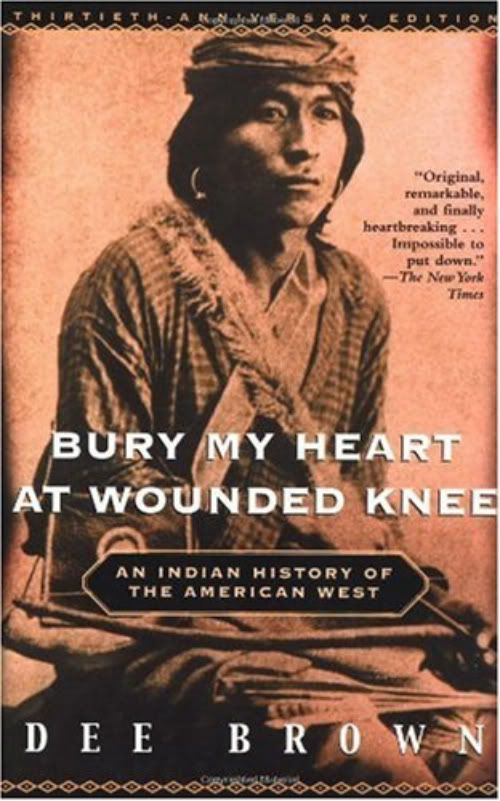--Crowfood, chief of the Blackfeet, circa 1885
“Hundreds of thousands of acres of the finest lands blest with a climate equal to that of the fairest portions of Italy, are held in extensive tracts under Mexican grants and are either entirely unoccupied or devoted to grazing; the proprietors, however, manifesting a willingness to subdivide and sell their claims as rapidly as the increase in settlers creates a demand for the same.”
--Joseph S. Wilson, Commissioner of the United States National Land office, 1869
In my classes this morning, we were talking about Native American vs. Euro-American views of land. For many Native Americans, the land was sacred. It housed the remains of their ancestors, and was therefore something to be respected. The idea that an individual could “own” the land was, generally speaking, a foreign and repugnant concept. Their philosophy of the land affected the way they treated the earth…with respect.
By contrast, Euro-Americans viewed land as a commodity, like animal skins or tallow or oil. Something to be bought, owned, and perhaps sold. In Orange County, it was first “owned” by the Spanish, then Mexican ranchers, then American ranchers, then oil companies, then private developers. When we look at the history of land use in Orange County in the past 200 years, we see the effects of this "commodity view" of land. We have air pollution, endangered species, and basically the result of treating the land like a prostitute, something to be bought, used, and sold.
After class, I was walking along the sidewalk on Chapman avenue, and I felt something almost palpable in my feet, as if I was walking on something holy that had been desecrated. I almost felt like crying. President Teddy Roosevelt said, “Walk softly and carry a big stick.” I say, “Walk softly and carry a copy of Bury My Heart at Wounded Knee.”

